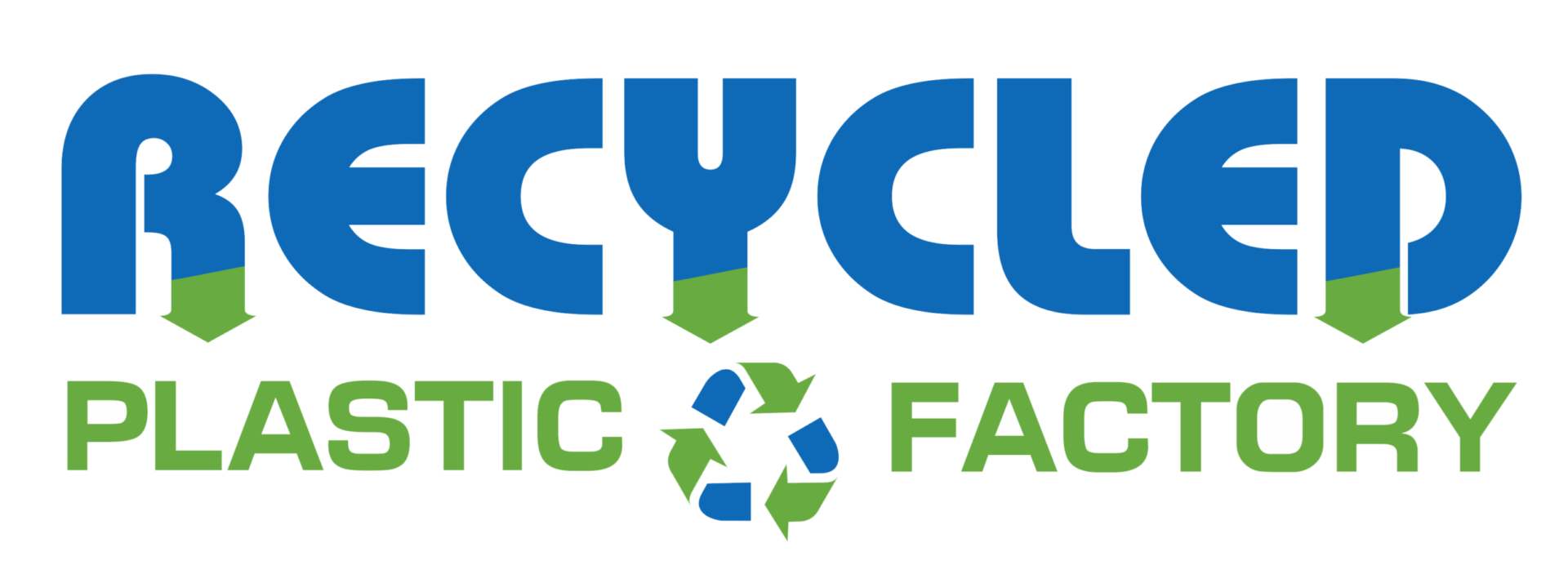Transforming Tomorrow: The Surprising Benefits of Recycled Plastic in Everyday Products
In recent years, the integration of recycled plastic into everyday products has emerged as a game-changing approach in sustainable manufacturing, offering surprising benefits that extend beyond mere environmental impact. According to a report by the Global Alliance for Incinerator Alternatives, the plastic pollution crisis has reached alarming proportions, with an estimated 300 million tons of plastic produced annually, of which only about 9% is recycled. By harnessing recycled plastic, industries can significantly reduce their carbon footprint; studies show that using recycled materials in production can cut greenhouse gas emissions by up to 70%. This shift not only mitigates the negative effects of plastic waste but also creates a lucrative market for repurposed materials. As consumers increasingly demand eco-friendly options, the adoption of recycled plastic in products from apparel to packaging presents both a solution to environmental challenges and a pathway to innovative design. The potential of recycled plastic not only promotes sustainability but also underscores the importance of reinventing the future of manufacturing processes.
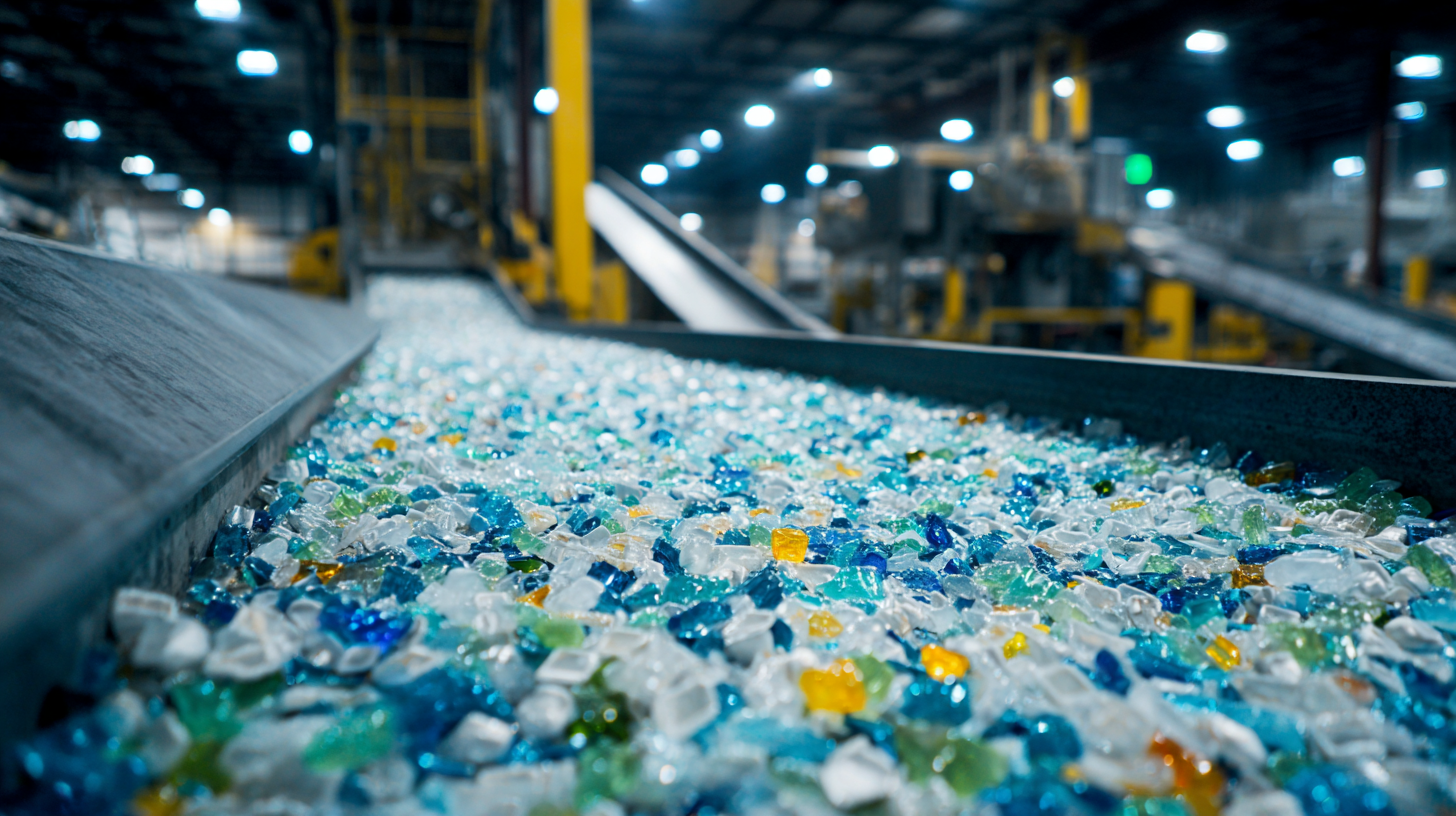
The Rise of Recycled Plastics: A Global Market Overview
The global market for recycled plastics has experienced significant growth in recent years, driven by increasing environmental awareness and stringent regulations on plastic waste. Countries are now prioritizing sustainability, leading to the emergence of innovative recycling technologies and processes. As a result, recycled plastics are finding their way into various everyday products, such as packaging, textiles, and automotive components. This shift not only reduces the dependency on virgin plastic materials but also addresses the mounting waste crisis plaguing our planet.
 Moreover, the rise of recycled plastics is supported by a growing consumer demand for eco-friendly products. Brands are recognizing that sustainability can enhance their market appeal and retain customer loyalty. In sectors like fashion and home goods, companies are beginning to incorporate recycled materials, creating a positive feedback loop that encourages further investment in recycling infrastructures. This collaborative effort between consumers, brands, and governments paves the way for a circular economy, where recycled plastics become an integral part of our daily lives, offering both environmental and economic benefits.
Moreover, the rise of recycled plastics is supported by a growing consumer demand for eco-friendly products. Brands are recognizing that sustainability can enhance their market appeal and retain customer loyalty. In sectors like fashion and home goods, companies are beginning to incorporate recycled materials, creating a positive feedback loop that encourages further investment in recycling infrastructures. This collaborative effort between consumers, brands, and governments paves the way for a circular economy, where recycled plastics become an integral part of our daily lives, offering both environmental and economic benefits.
Environmental Impact: Reducing Carbon Footprint through Recycled Materials
The use of recycled plastic in everyday products is increasingly recognized for its potential to significantly reduce the carbon footprint associated with material consumption. As industries grapple with the environmental challenges posed by traditional manufacturing processes, adopting recycled materials can lead to meaningful cuts in greenhouse gas emissions. Recent studies have highlighted the tangible benefits of using recycled plastics, such as those produced from post-consumer waste, which demonstrate a notably lower carbon footprint compared to virgin materials. This shift not only alleviates pressure on landfills but also conserves energy and reduces the overall demand for fossil fuel extraction.
Furthermore, the implications of these sustainable practices extend across various sectors, including fashion and construction. For instance, the integration of recycled materials into product lines can mitigate the environmental impacts associated with fast fashion and excessive production waste. Innovations like the use of recycled plastic in road construction not only enhance durability but also promote a circular economy model, emphasizing resource optimization. As companies and governments alike prioritize sustainability, the benefits of utilizing recycled plastics underscore a critical step towards reducing overall carbon emissions and fostering a more environmentally responsible future.

Economic Advantages: Cost Savings and Job Creation in the Recycling Industry
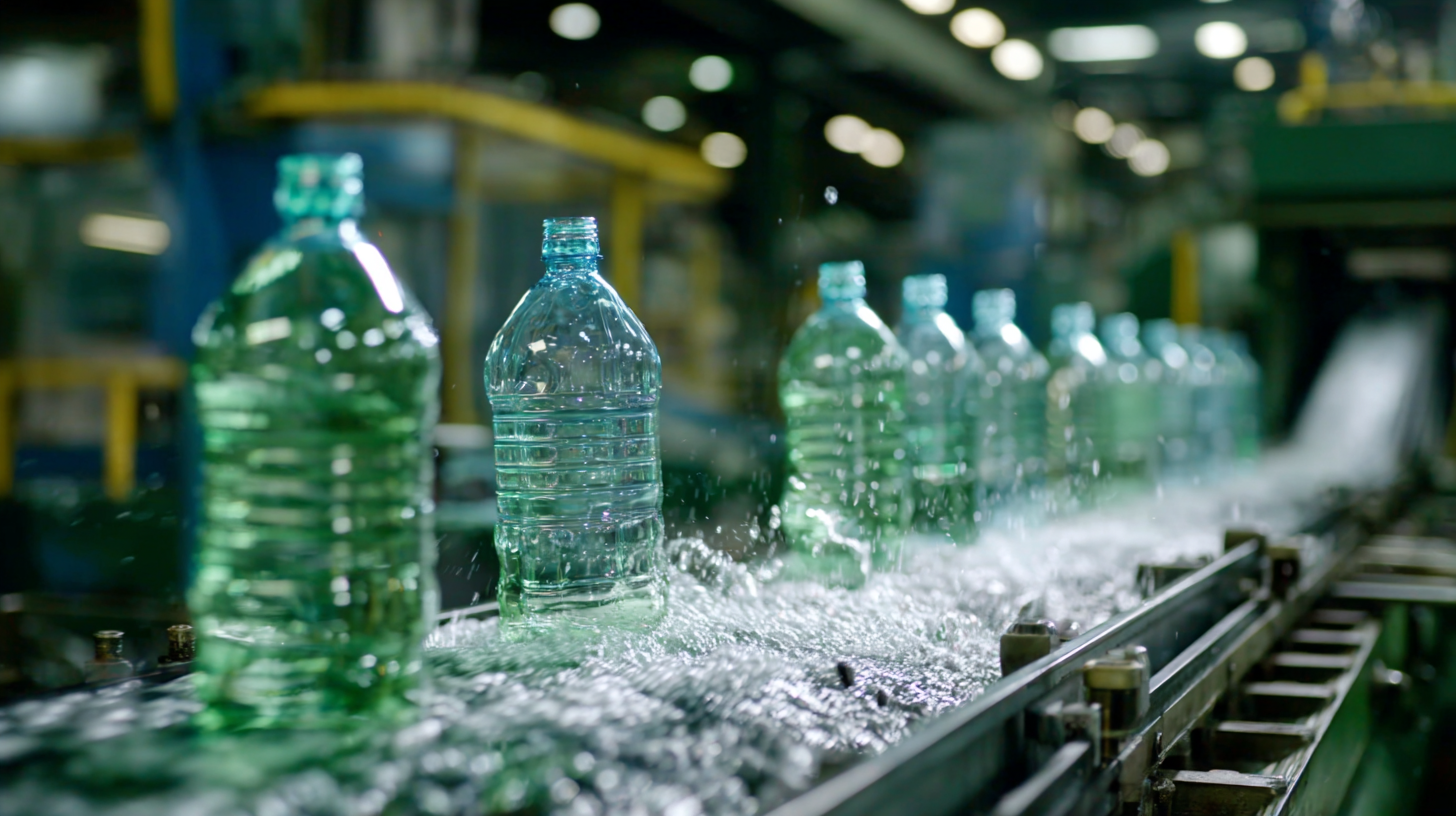 Recycling plastic is not only an environmental necessity but also a powerful economic driver. According to the National Recycling Coalition, recycling and reuse activities in the United States alone accounted for over 1.1 million jobs and generated approximately $236 billion in revenue in 2021. This shift towards sustainable practices has transformed waste management into a significant sector that fosters job creation. The recycling industry encourages a circular economy, where materials are reused rather than discarded, ultimately leading to reduced costs in production and a boost in local economies.
Recycling plastic is not only an environmental necessity but also a powerful economic driver. According to the National Recycling Coalition, recycling and reuse activities in the United States alone accounted for over 1.1 million jobs and generated approximately $236 billion in revenue in 2021. This shift towards sustainable practices has transformed waste management into a significant sector that fosters job creation. The recycling industry encourages a circular economy, where materials are reused rather than discarded, ultimately leading to reduced costs in production and a boost in local economies.
Furthermore, the cost savings associated with using recycled plastic in manufacturing are substantial. A report from the Ellen MacArthur Foundation highlights that by replacing virgin plastic with recycled alternatives, companies can reduce production costs by up to 30%. These savings not only benefit businesses but also contribute to a more sustainable pricing structure for consumers. As businesses increasingly adopt recycled materials, they tap into a growing market, estimated to reach $410 billion by 2027, fostering innovation and creating new job opportunities in various sectors, from manufacturing to logistics and beyond.
Innovative Applications: How Brands are Utilizing Recycled Plastics in Products
In recent years, brands across various industries have begun to embrace recycled plastics as a vital resource in their product lines. This innovative approach not only mitigates environmental concerns but also introduces unique applications that enhance product value. For instance, fashion brands are leading the charge by incorporating recycled plastics into their fabrics, creating stylish yet sustainable clothing. By transforming discarded plastic bottles into textile fibers, these companies are not just reducing waste but also offering consumers a fashionable choice that contributes to a circular economy.
Additionally, the home goods sector has found creative ways to integrate recycled plastics into everyday items. Kitchenware, furniture, and storage solutions made from reclaimed materials showcase the versatility of recycled plastics. By utilizing these materials, brands can maintain product durability while lowering their carbon footprint. Furthermore, these products often carry a story, connecting consumers to the sustainability movement and promoting awareness of plastic waste issues. As more brands innovate with recycled plastics, the potential for eco-friendly products continues to expand, proving that sustainability can go hand in hand with functionality and style.
Transforming Tomorrow: The Surprising Benefits of Recycled Plastic in Everyday Products
This chart illustrates the percentage of recycled plastic usage in various everyday product categories. It highlights the significant impact of recycled materials on sustainability efforts.
Consumer Awareness: The Role of Education in Promoting Recycled Products
Raising consumer awareness is crucial in driving the adoption of recycled products, particularly those made from plastic. According to a 2022 report by the Environmental Protection Agency (EPA), approximately 9% of plastic waste is ever recycled, indicating a large gap in recycling potential and consumer engagement. Educating consumers about the benefits of recycled plastic not only fosters environmentally-conscious behaviors but also empowers them to make informed purchasing decisions. This can lead to a significant increase in demand for sustainable products.
To facilitate awareness, organizations and brands can implement educational campaigns that highlight the advantages of recycled materials, such as their lower carbon footprint and reduced resource consumption. For instance, research from the National Recycling Coalition shows that producing items using recycled materials can save up to 30% in energy costs compared to using virgin materials.
**Tips:**
1. Share informative content on social media channels to reach broader audiences and demystify the recycling process.
2. Encourage local schools and community organizations to host workshops that teach the importance of recycling and the lifecycle of plastic products.
3. Collaborate with influencers who prioritize sustainable living to amplify the message about the benefits of recycled products.
Transforming Tomorrow: The Surprising Benefits of Recycled Plastic in Everyday Products
| Product Category | Recycled Plastic Percentage | Environmental Impact (kg CO2 saved) | Consumer Awareness Level (%) |
|---|---|---|---|
| Bottles | 30% | 1.2 | 75% |
| Textiles | 40% | 2.5 | 60% |
| Furniture | 45% | 3.0 | 55% |
| Packaging | 50% | 1.0 | 80% |
| Construction Materials | 25% | 2.2 | 50% |
Related Posts
-
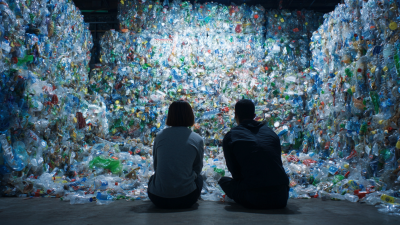
How to Achieve a Sustainable Future with Recycled Plastic Innovations
-

Exploring the Innovative World of Gerecycled Plastic and Its Impact on Sustainable Living
-
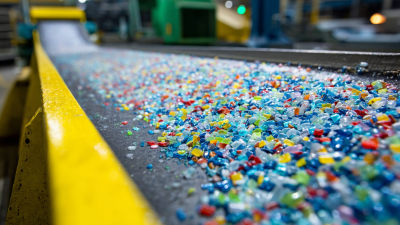
How to Transform Recycled Plastic Materials into Innovative Eco Friendly Products
-
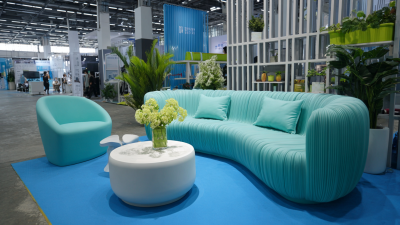
Exploring Market Trends in Recycled Plastic Furniture at the 138th Canton Fair 2025
-
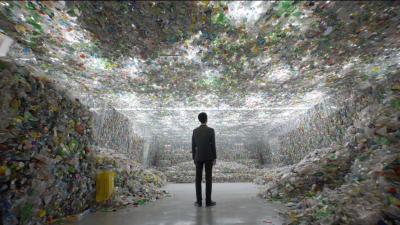
Exploring the Future of Recycled Materials at the 138th Canton Fair 2025
-

The Hidden Benefits of Choosing Recycled Wood for Sustainable Living
